As BMW continues to expand and evolve its model line-up, the brand remains committed to giving its customers choice.
Across the BMW Group, the range of electric models offered is growing rapidly. But that isn’t the only option available to drivers.
In the past year alone, BMW has introduced the iX2, i5 and new derivatives of iX1 and i4. The Mini line-up has also been revamped and shortly the new Mini Hatch and Mini Countryman will arrive, both with electric powertrains.
Behind these flagship EVs sits a more conventional line-up of petrol and plug-in hybrid variants.
It means drivers don’t have to feel pressured to take an EV if they don’t want one. But, equally, those that do can have one with no real compromises. The majority of BMW and Mini EVs look and feel identical to their internal combustion engine (ICE) powered counterparts.
The strategy is resonating well with fleet customers. BMW recorded the third-largest true fleet sales last year and was voted Fleet Manufacturer of the Year for the sixth consecutive year, at the 2024 Fleet News Awards.
Matt Collins (pictured), general manager of corporate sales at BMW Group UK, says: “We're a customer-oriented company. If you look at our range, that's what we're genuinely trying to do and if there are channels or particular customers that want a certain mix then we want to try and provide it for them across a good range of products.”
Choice isn’t just about powertrain, though. It’s about making sure that drivers can get into the car that they want. One of the challenges of electrification, especially with premium long-range models, is attainability and ensuring that the right cars sit in the right bandings within a company’s fleet.
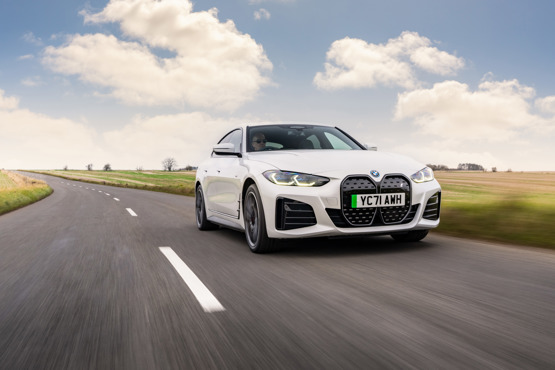
Addressing these challenges, BMW has expanded the number of derivatives offered on iX1, i4 and i5. The iX1 eDrive20 and i4 eDrive35 were launched at lower price points, enabling more company car drivers to access the vehicles. A similar tactic was used with i5, although rather than downgrading the powertrain, BMW introduced a new trim level ‘Sport Edition’, cutting the P11d value of the car by £7,315.
With iX2, BMW is offering the single motor eDrive20 powertrain alongside the more potent xDrive30 from launch.
Read our review of the BMW iX2 here.
Collins explains: “We're careful. We don't want to go back to having hundreds of derivatives for every product. But where there is an option to offer something that works a little bit better for a fleet’s policy, we've got that.
“So, iX1 eDrive20, in particular, has been really well received. And customers were really pleased that we announced the iX2 eDrive20 at the same time as launching iX2, because they recognise that we’re putting these products in so that more people can access them.”
As we move closer to 2030, BMW has set a global goal of achieving 50% EV sales by 2030.
To date, electric cars account for one in four new BMW’s sold. In the corporate space the figure is much higher, closer to 50%. Once the new Mini models launch, along with the i5 Touring that is due later this year, Collins is confident the percentage will continue to increase.
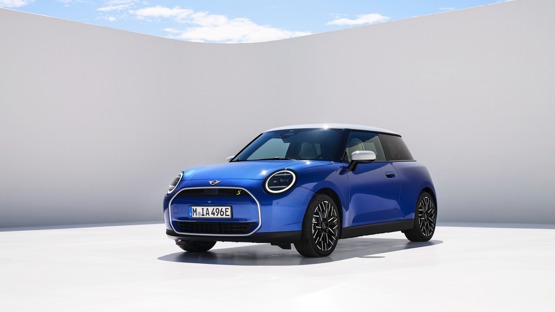
Mini will play in increasingly important role for BMW’s corporate sales as its ageing product range is completely replaced.
The new Mini Hatch is available from £30,000 and has a range of up to 250 miles. A petrol-powered Mini Cooper will also be available, at a later date.
The electric version is available in two variants: E and SE. The Cooper E is equipped with a 40.7kWh battery, which provides up to 190 miles of range. The Cooper SE has a larger 54.2kWh battery, which gives a 250-mile range. It also features a more powerful electric motor, developing 218PS.
The Countryman is larger than before and shares a platfrom with the BMW iX1. Like the hatch, there’s a choice of E and SE. Both use the same 64.7kWh battery. The E has one electric motor and a 287-mile range, while the SE has two motors and a range of 269 miles.
Following the Hatch and Countryman, the Aceman will slot in between them as a new compact SUV for the brand.
Collins says: “I think there's a real opportunity for Mini. It's such an iconic brand that so many people like, it's great to have that as again as an option that we can that we can offer to customers.
“We've got a lot of really good Mini corporate customers that are super excited about the car.”
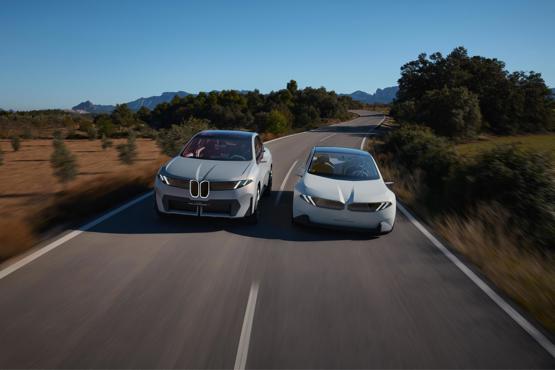
The next wave of new cars will come in 2025, with the introduction of BMW’s Neue Klasse models. These will move away from internal combustion engines completely, using new bespoke electric platforms.
An all-new 3 Series, based on the first concept to be revealed, will be among the first new models to break cover and go on sale as we reach the middle of the decade.
It will be joined by an SUV, expected to replace the current X3 and iX3.
The cars are said to offer 30% more range, 30% faster charging and 25% more efficiency than BMW’s existing electric models.



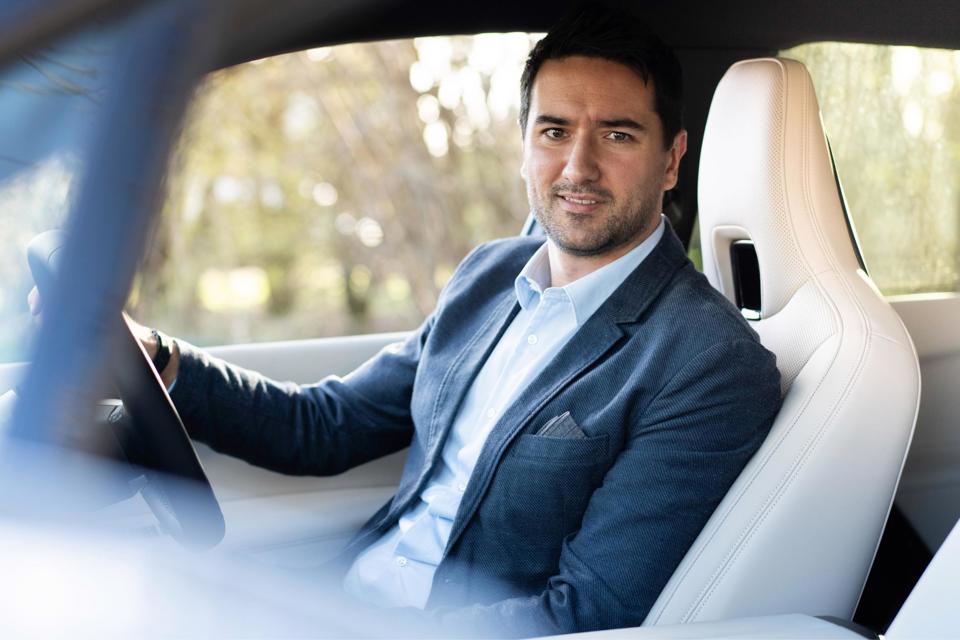
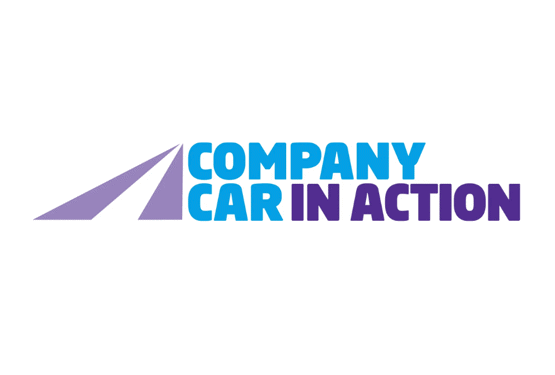
















Lloydy1980 - 24/04/2024 10:59
What a depressing time we live in....The 6-cyl diesel engine will be no more meaning i will never be buying another BMW.